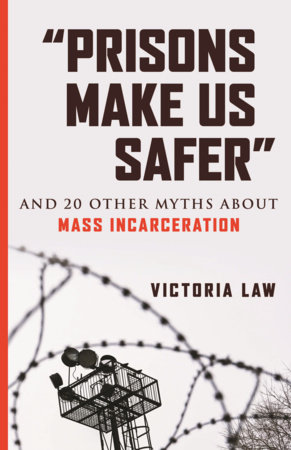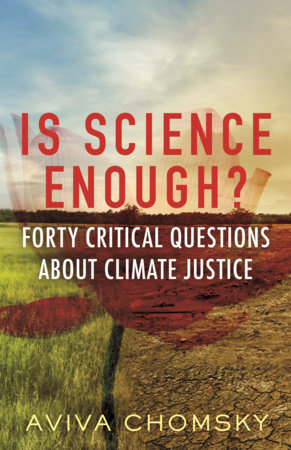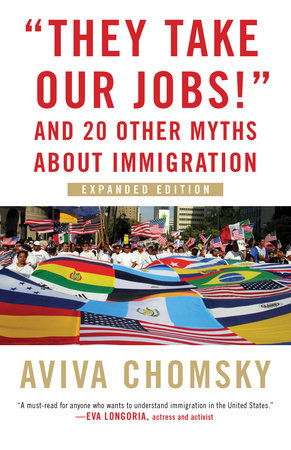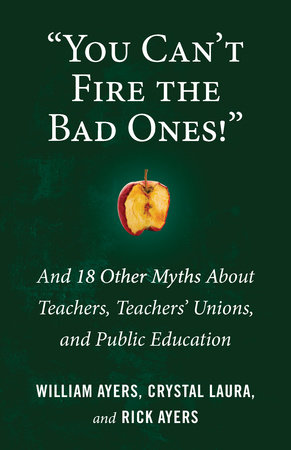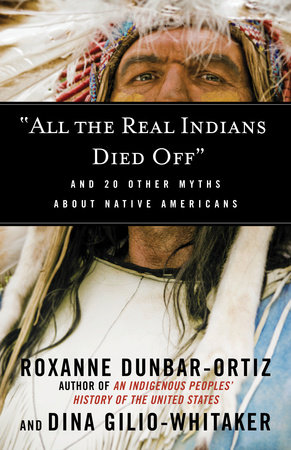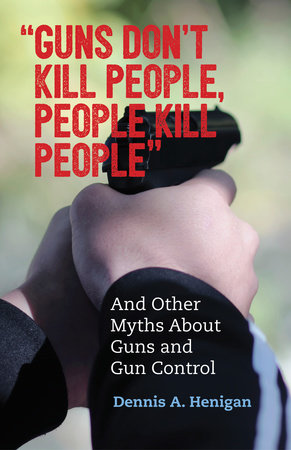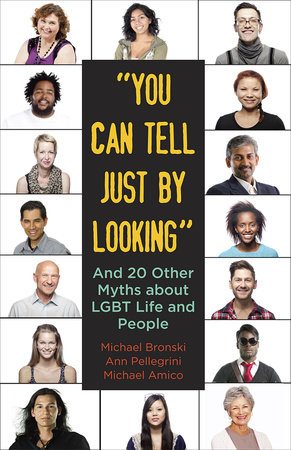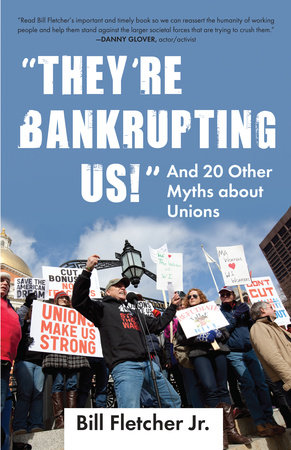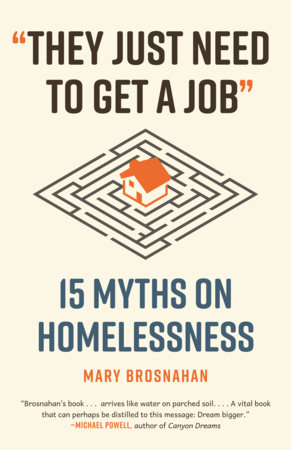
Latest in the Series
“They Just Need to Get a Job”
Book 10
Paperback
$18.95
Popular


Visit other sites in the Penguin Random House Network
Just for joining you’ll get personalized recommendations on your dashboard daily and features only for members.
Find Out More Join Now Sign In